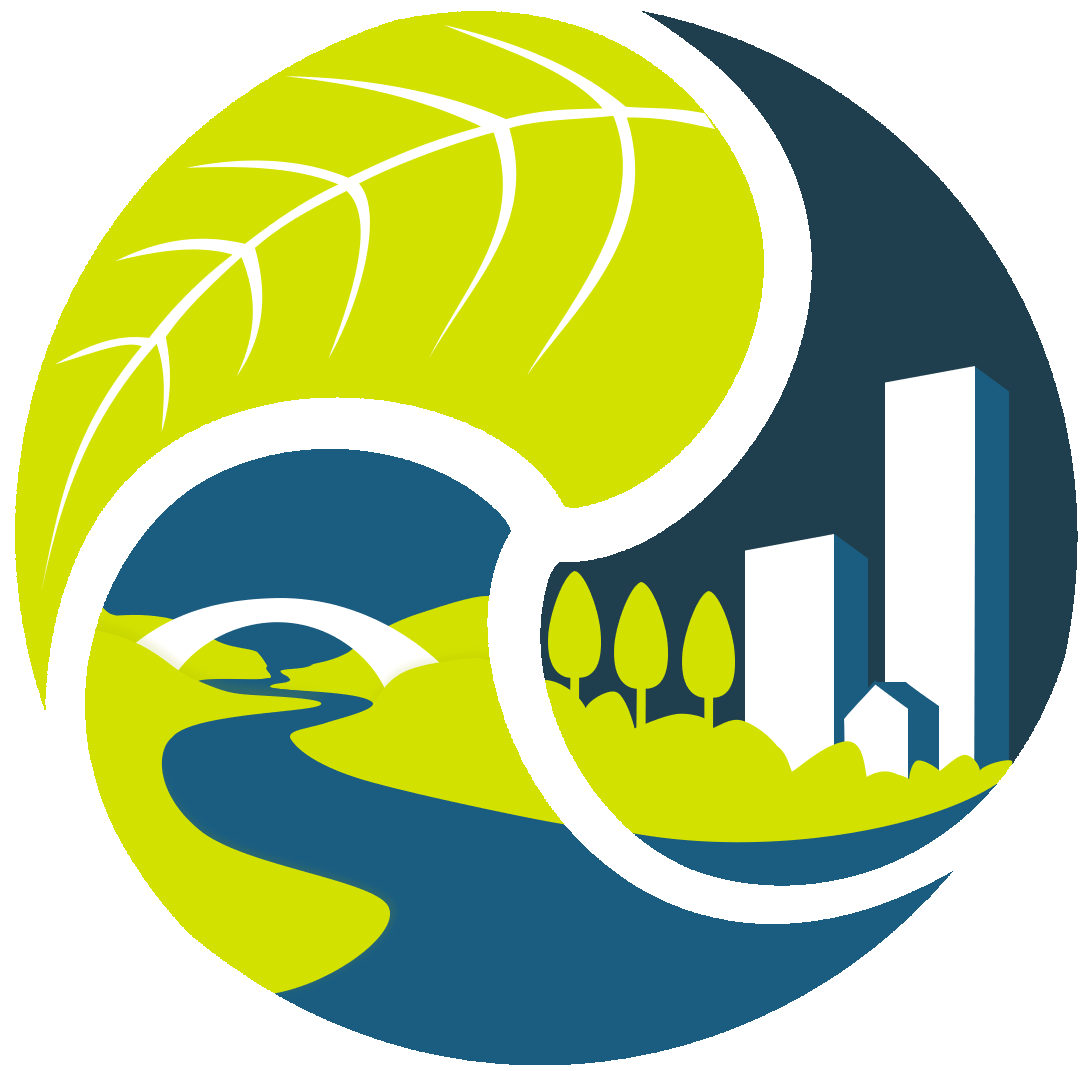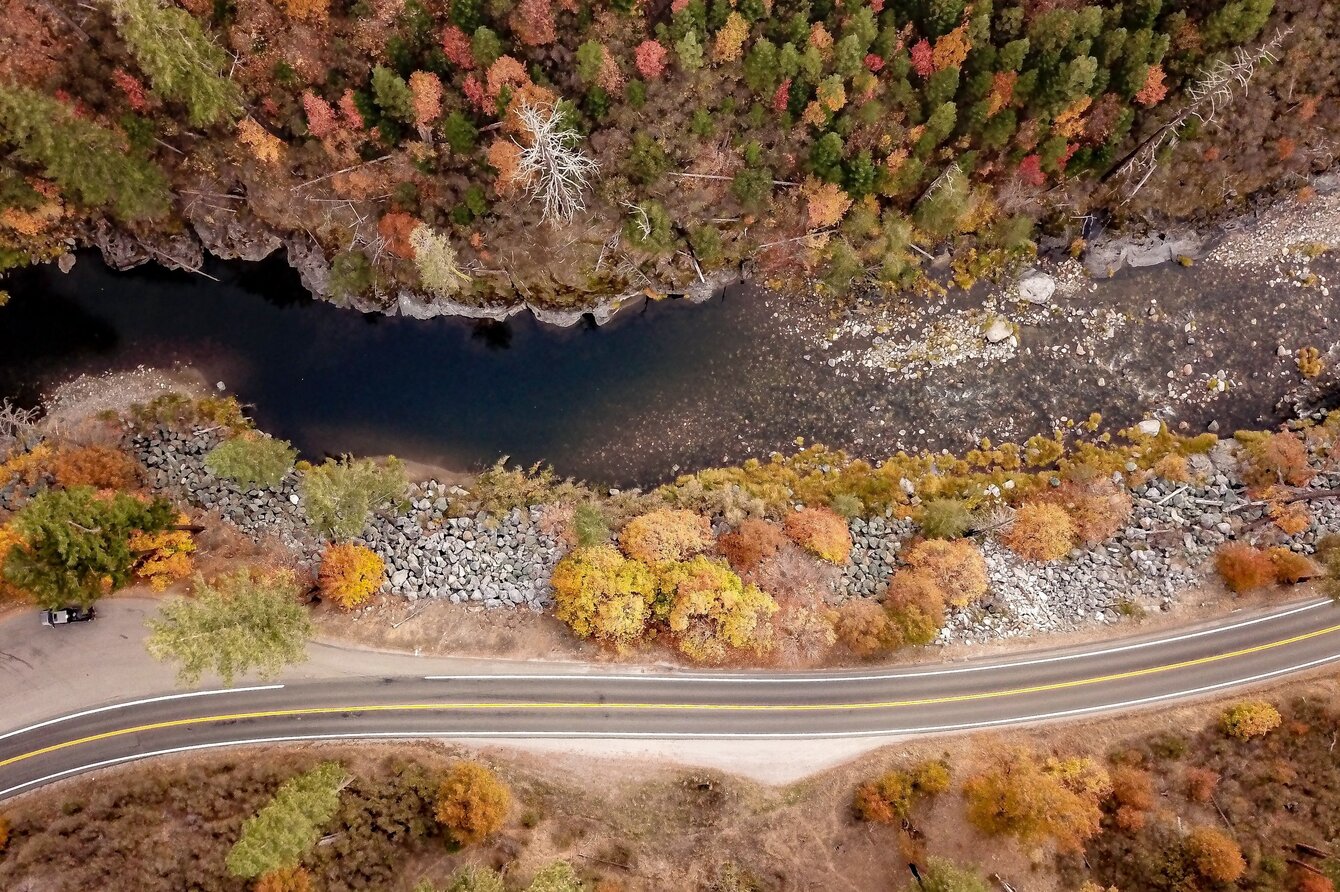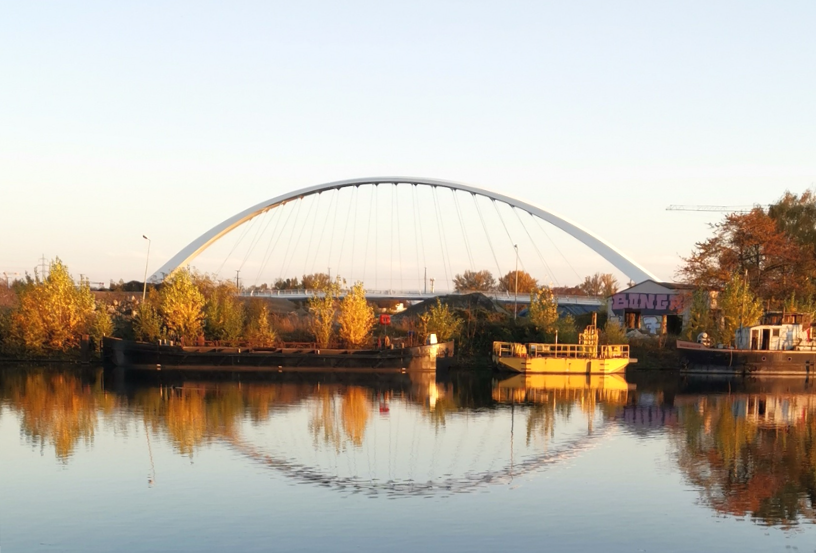Facing human-induced bio-geophysical changes, we have entered a period of uncertainty about the future of the biosphere and our societies. Yet the use of technologies and natural and social sciences to drive the ecological transition remains largely underexplored. The dynamics of socio-ecosystems (SES) are also currently still insufficiently understood, which may lead to inappropriate decisions by societies in the face of global change.
This axis of RISE develops a reflexive approach for SES study and to bridge social and biogeophysical disciplines to model SES trajectories. First, an inclusive and critical scientific reflexive framework will be set-up to define and refine concepts, principles and practices of actors’ dynamics in their biogeophysical and societal context (scientists, citizens, institutions, companies, NGOs). This is a first step to impulse paradigm shifts for sustainability transition, and support the development of models combining biogeophysical processes and human activities. A consensus on definitions and beneficial use of common concepts among disciplines is essential to define transition scenarios, yet it is mostly still lacking. The purpose of this framework WP is to develop inclusive interdisciplinary work on concepts that both define a common vocabulary and verify the operability approaches for sustainability transition. We rely on theoretical and comparative investigation of concepts developed by academic participants and described in the scientific literature. Their operational value will be assessed and possibly redesigned (Symposium). Our goal is to elaborate an interdisciplinary framework for SES study and sustainability transition concepts, such as ecological solidarity, resilience and viability, status and values of natural entities, sustainability indicators, sustainable innovations, etc. This will be elaborated through workshops with participation of both interested RISE members and SES stakeholders (Symposium). It will also allow to identify main key scenarios of sustainability transition for detailed investigation of Axis 1 and 2 within RISE.
The current lack of common analytical frameworks to reconstruct SES trajectories also represents a significant challenge in order to be able to develop and communicate between social and natural science domains. Hence, major analytical frameworks for studying interlinked social and ecological systems is first revisited and extended to develop a methodology for interdisciplinary SES study.
- This first stage includes integration of biogeophysical and socio-cultural processes for SES transition, bridging conceptualization approaches, defining relevant indicators of SES evolution, and conceptualizing quantitative and qualitative models to understand SES evolution.
- Second, interdisciplinary models of interactions between elements identified in the first stage are built to take emergent properties of SES into account, mainly focusing on model uncertainty and non-linear dynamics.
- Third, these integrated models will be used to evaluate selected diverse SES evolution scenarios. These scenarios of current and alternative trajectories are co-constructed with academic and socio-economic partners to support decision-making processes towards sustainability transition of SES. Various scenarios are established to support studies in axes 1 and 2 of RISE, that could account for multi-level regional governance and transboundary systems of governance. Citizen science is also included to build scenarios and discuss SES trajectories.




